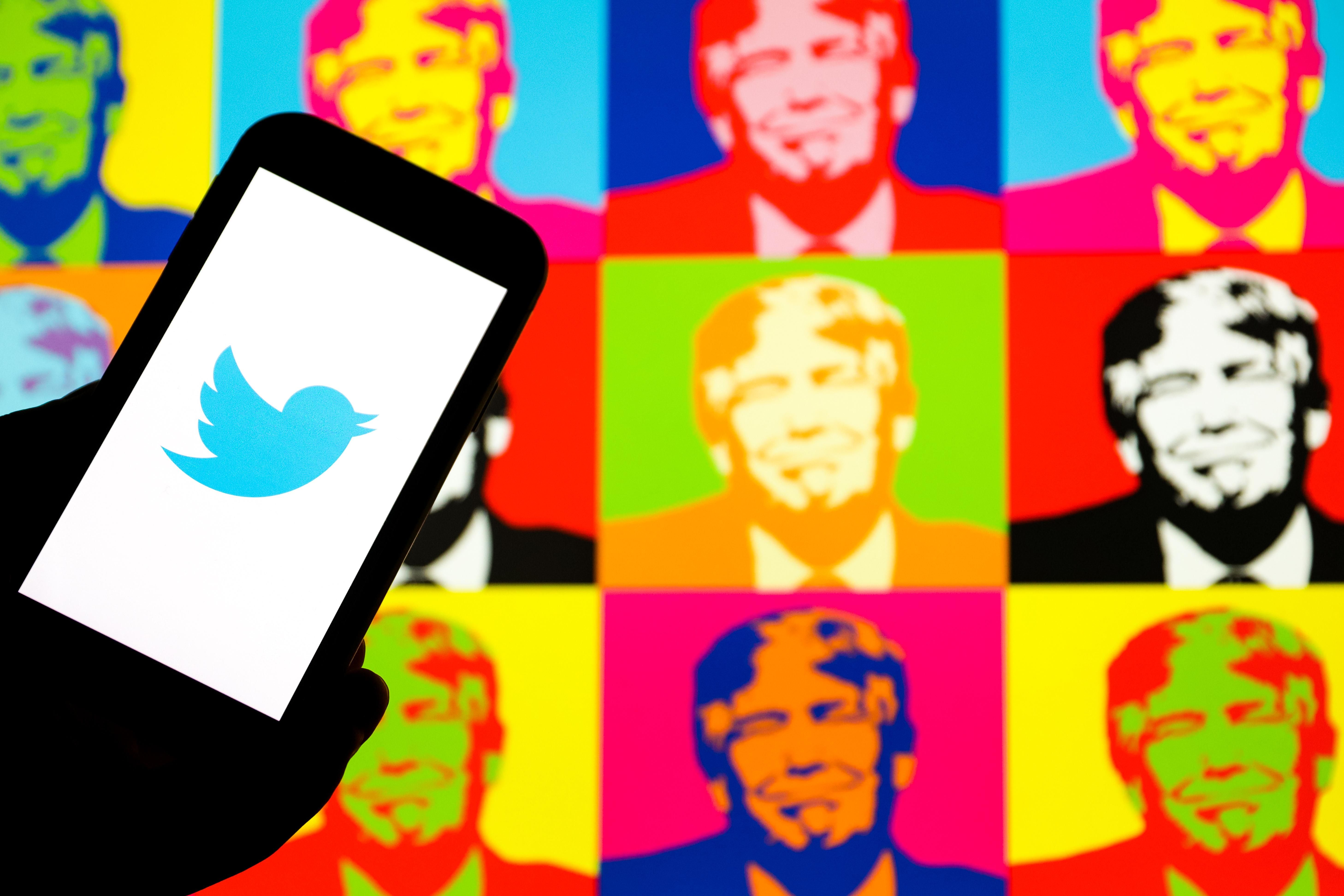Hard Numbers: Twitter welcomes back Trump, Obiang “re-elected,” Turks strike Kurds, LatAm to lose panda, WC rainbow armbands banned
51.8: Twitter CEO Elon Musk reinstated Donald Trump's account after 51.8% of some 15 million Twitter users voted in favor of it. But will the @realDonaldTrump actually return? The former US president is committed to his own Truth Social startup but might seek a carve-out as he's running again in 2024.
43: The world's longest-serving president, Teodoro Obiang Nguema of Equatorial Guinea, is all but assured to stay in office after holding a sham election on Sunday. Obiang, 80, has ruled the oil-rich yet super corrupt West African nation with an iron fist for 43 years.
65: At least 65 people were killed Sunday in Turkish air strikes against Kurdish militants across northern Iraq and Syria. The offensive is a response to the deadly blast in downtown Istanbul a week ago, which the Turks blamed on the Kurdistan Workers' Party, classified as a terrorist group by Ankara and its NATO allies.
1 million: Mexico — and the whole of Latin America — is set to lose its last panda. Famously frugal President Andrés Manuel López Obrador is unlikely to cough up the estimated $1 million to buy another one from China, a cost Mexico has avoided for decades under an old deal that allowed it to breed pandas locally without supervision from Beijing.
0: That's how many minutes refs will wait before issuing yellow cards to players wearing rainbow-colored armbands at the soccer World Cup. Some European stars like England captain Harry Kane wanted to show support for LGBTQ rights in Qatar, which bans all same-sex relationships. But FIFA clarified: don't you dare if you don't want to get sent off.